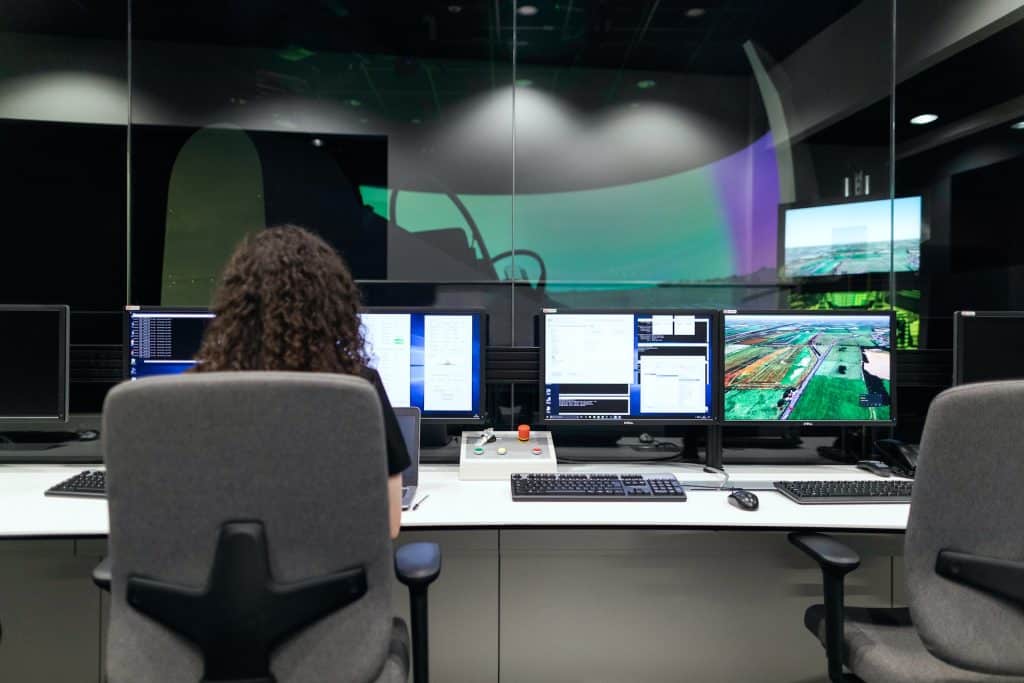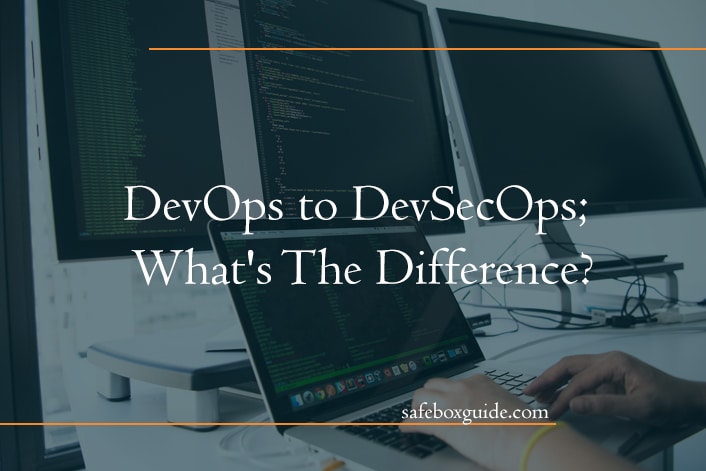Living in a world dominated by smartphones and the internet of things, the demand for software development has seen a steady increase. The software development process too has seen many changes as new philosophies come into play to meet these increasing demands. DevOps has dominated the software development world since 2009 with its emphasis on collaboration and agility of software production.
Consequently, the DevOps philosophy has seen many changes and iterations as newer models came to the forefront to improve the process. One such iteration has been DevSecOps which includes an additional element of security integrated into the already functioning collaboration of development and operations teams. DevOps aims to deliver software quickly and reliably by automating processes and removing barriers between teams.
The goal of DevSecOps is to build security into the software development lifecycle, rather than treating it as an afterthought. Companies like GitHub, Jenkins, and JFrog are making this transition easier for software companies to manage with the easier implementation of the new philosophy. DevSecOps aims to create a culture of security within development and operations teams, where security is considered everyone’s responsibility.

Contents
Differences Between DevOps and DevSecOps:
Even though some similarities exist, there are some notable differences between the two:
1. Philosophy:
DevSecOps is about shifting the focus from reactive security measures to proactive security measures. Security is embedded into the software development process and considered a critical part of the entire development lifecycle; which is the main difference between the two philosophies. In other words, DevOps is about delivering software faster, while DevSecOps is about delivering secure software faster.
2. Focus:
DevOps focuses on improving collaboration and communication between development and operations teams to deliver software quickly and reliably, while DevSecOps extends this approach by integrating security practices into the software development process.
3. Security:
DevOps does not prioritize security as a separate concern, whereas DevSecOps treats security as a critical component of the entire software development lifecycle. In DevSecOps, security is paramount as it defines the culture and philosophy itself and hence, we see security aspects catered to from start to finish of the SDLC.
4. Responsibilities:
In DevOps, developers and operations teams are responsible for delivering software, while security is often considered the responsibility of a separate security team. In DevSecOps, security is everyone’s responsibility, and security professionals work closely with developer and operation teams to ensure that security is integrated into the entire development process.
5. Automation:
Automation is a key component of both DevOps and DevSecOps. However, in DevSecOps, automation is used not only to improve collaboration and streamline the development process but also to ensure that security measures are built into the software from the beginning.
Similarities Between DevOps and DevSecOps:

The similarities between the two platforms include:
· Collaboration:
Both DevOps and DevSecOps emphasize collaboration and communication between development, operations, and security teams. They encourage teams to work together to achieve common goals and deliver software that meets the needs of end-users.
· Automation:
Both DevOps and DevSecOps rely heavily on automation to achieve their goals of agility, reducing errors, and ensuring timely software production. They use tools and processes to automate tasks such as testing, deployment, and monitoring, which helps to improve the speed and quality of software delivery.
· Continuous Improvement:
Both DevOps and DevSecOps emphasize continuous improvement, with a focus on delivering software quickly and reliably. They encourage teams to learn from their mistakes and use feedback to make incremental improvements to the development process.
· Agility:
Both DevOps and DevSecOps aim to make software development more agile. The demand for software has increased manifolds and thus software companies are pressed for the timely production of software. Both frameworks enable organizations to respond to these demands in a timely manner.
· Customer-Centricity:
Both DevOps and DevSecOps prioritize the needs of end-users, ensuring that software is delivered quickly, reliably, and securely, and meets their needs and expectations.
Overall, DevSecOps can be seen as an evolution of DevOps, where security is a big part of the software production cycle, from initiation to roll out of the software. Security is not the job of a separate department. Rather, it must be accomplished at an individual departmental level. This approach can help organizations build more secure software, reduce the risk of external hacks, and ultimately improve output.
DevOps and DevSecOps are similar to each other in many areas and share common core values and objectives. Both approaches aim to improve collaboration, automate processes, encourage continuous improvement, promote agility, and prioritize the needs of end-users. DevSecOps takes things a step further by integrating security into the development process, making it a critical component of the entire software development lifecycle.
For this reason, both DevOps and DevSecOps can be used interchangeably in the field of software development. However, with the rise in cybercriminal activity and the leaking of sensitive data from online resources, DevSecOps is gaining more traction. Security is the need of the hour but in some cases, software developers can afford a lax approach, in which case, DevOps is a perfect choice.

